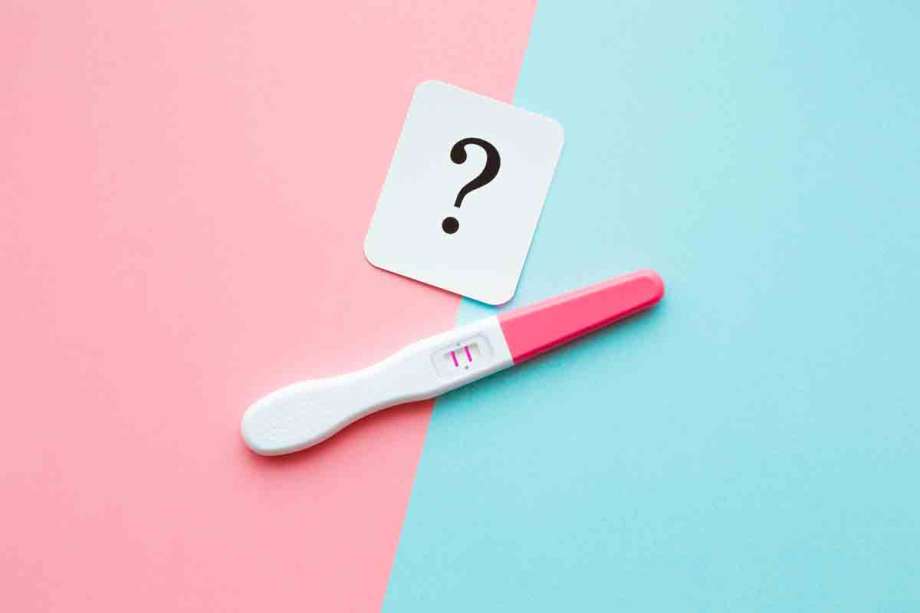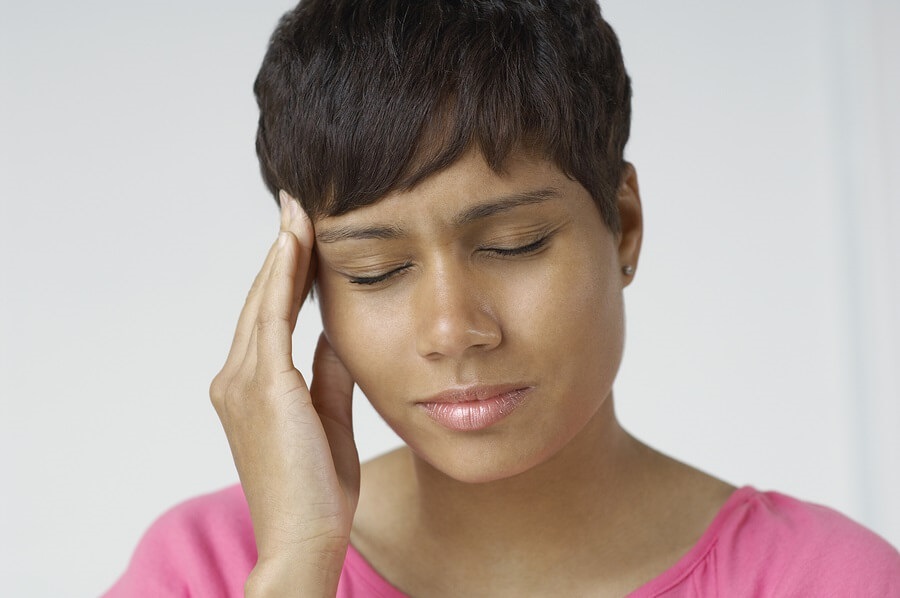12 Early Symptoms of Pregnancy

When you think you may be pregnant, you look for any early symptoms of pregnancy that can indicate that you're on the road to motherhood. Many of the earliest symptoms of pregnancy can appear before you have a positive pregnancy test. Every woman, however, has a different experience during early pregnancy. Some may realize they are pregnant very early while others don’t until later.
"Since many early pregnancy symptoms overlap with PMS symptoms, it can be hard to tell," says Sara Twogood, MD, a board-certified OB-GYN in Los Angeles and co-founder of Female Health Education and the online magazine Female Health Collective. Dr. Twogood states that some women don't have any obvious symptoms until after their first trimester. So how might you be able to tell that you are expecting a baby? Check out the following common early symptoms that might suggest you are pregnant.
More: 5 Early Signs and Symptoms of Pregnancy
Early Pregnancy Symptoms
1. Missed Period
One of the first symptoms of pregnancy is missing your menstrual period. Once you've conceived, your body produces hormones that stop ovulation and the shedding of the uterine lining that leads to your period.
But missing your period doesn't always indicate early pregnancy, especially if you have an irregular menstrual cycle. A missed period could also mean that you're stressed, have a hormonal imbalance or are exercising excessively. If it has been a week or more since your expected period, you'll probably want to take a home pregnancy test. A urine pregnancy test can show whether human chorionic gonadotropin (HCG) is present. This is the hormone that indicates pregnancy. You can also contact your healthcare provider to make an appointment, and they will collect blood to test for HCG levels that indicate pregnancy.
2. Frequent Urination
Another early symptom of pregnancy is urinating more often.When you're pregnant, your blood volume increases. Your kidneys work to filter the blood and remove waste in the form of urine. The extra amount of blood in your body from pregnancy will cause more frequent urination.
3. Morning Sickness

Nausea with or without vomiting, whether during the day or at night, may be a symptom that you are in the early stages of pregnancy. You can start feeling nauseous when you're as early as two weeks pregnant. However, some women don’t have nausea until a few months after conception, and some may never even have it at all.
While there are women who experience frequent vomiting, others simply feel nauseous all the time. Either way, it's an unpleasant symptom. For many pregnant women, nausea often goes away by the second trimester. Unfortunately, for others, it lingers longer and may last until the end of pregnancy. This is perhaps the most difficult pregnancy symptom to deal with, so follow these tips to help combat your morning sickness.
If you can't keep fluids down because of morning sickness, contact your healthcare provider because too much vomiting can lead to dehydration and weight loss which can affect the nutrients available for you and your baby.
4. Breast Changes
Hormonal changes and increased blood flow may make your breasts feel sore, swollen, and tender as early as 1-2 weeks after conception. They may also appear larger, feel fuller and heavier, and change in appearance. Breast discomfort and tender breasts usually ease up after your body adjusts to the hormonal changes.
5. Fatigue

Tiredness and fatigue are common symptoms of early pregnancy. They signify that your body is hard at work creating a suitable environment for the baby to grow. However, your changing hormones may also disrupt your sleep patterns, so don't be surprised if you find yourself waking up frequently at night during the first weeks of pregnancy. Nap and rest when you can, Mom — making a baby is hard work!
6. Bloating
Although bloating may occur at the beginning of your menstrual period, it can also be one of the early symptoms of pregnancy. During the first trimester, progesterone, a hormone, increases to prepare the uterus. Progesterone, however, slows down digestion and causes gas to get trapped in the intestines which can lead to bloating and discomfort.
7. Spotting or Cramping
According to the American Pregnancy Association (APA), implantation spotting and cramping can occur 10-14 days after conception when the embryo inserts itself in the uterine wall. Implantation bleeding can seem like a shorter, lighter period. Not all women experience this symptom, so don't fret if you don't notice any cramping or light bleeding.
8. Headaches

During early pregnancy, there is a sudden rise in hormones which can cause headaches in some women. Make sure to talk to your healthcare provider before taking anything for pain relief and look over evidence-based information on the benefits or risks of medications during pregnancy.
9. Weight Gain
Even before you receive a positive pregnancy test, you may find it's already hard to button your pants. Although you aren't "showing" yet, your body is making room for your uterus to grow.
10. Mood Swings
Mood swings are another early symptom of pregnancy. When you're pregnant your progesterone and estrogen hormone levels are high which leads to changes in your mood. You may be happy one minute and ready to cry the next. But don't worry, you're not alone because most women experience mood swings during pregnancy. If you have depression or feel sad for several days, contact your healthcare provider as soon as possible.
11. Food Cravings and Food Aversions
You may start to notice you crave a certain food all the time. Research shows that 50-90 percent of all American women have some type of food craving during their pregnancy. Rapidly changing hormones or nutritional needs may be the cause of these cravings, or it may be because certain foods make you feel better. For some women, these cravings start in the first trimester and peak during the second trimester.
While some pregnant women may want pickles all the time, the thought or smell of them may make others sick to their stomach. This is a food aversion. Just like cravings, food aversions may also be due to changing hormone levels.
12. Increased Basal Body Temperature
If you keep track of your basal body temperature to help determine the fertile days of your menstrual cycle, you may also want to check it to see if you might be pregnant. After you ovulate, a rise in the basal body temperature lasting for 18 days or more may be one of the early symptoms of pregnancy.
While some women may want pickles all the time, the thought or smell of them may make other pregnant women sick to their stomachs. This is a food aversion. Just like cravings, food aversions may also be due to changing hormone levels.
The Bottom Line: Take a Pregnancy Test If You’re Unsure
While women experience different pregnancy symptoms at different times, Dr. Twogood states that symptoms usually start around 5-6 weeks (about 1-2 weeks after a missed period).
If you start to notice a few of the common early pregnancy symptoms, you may want to take a home pregnancy test and call your healthcare provider to set up an appointment and check if you should be preparing for your baby's due date in nine months!

